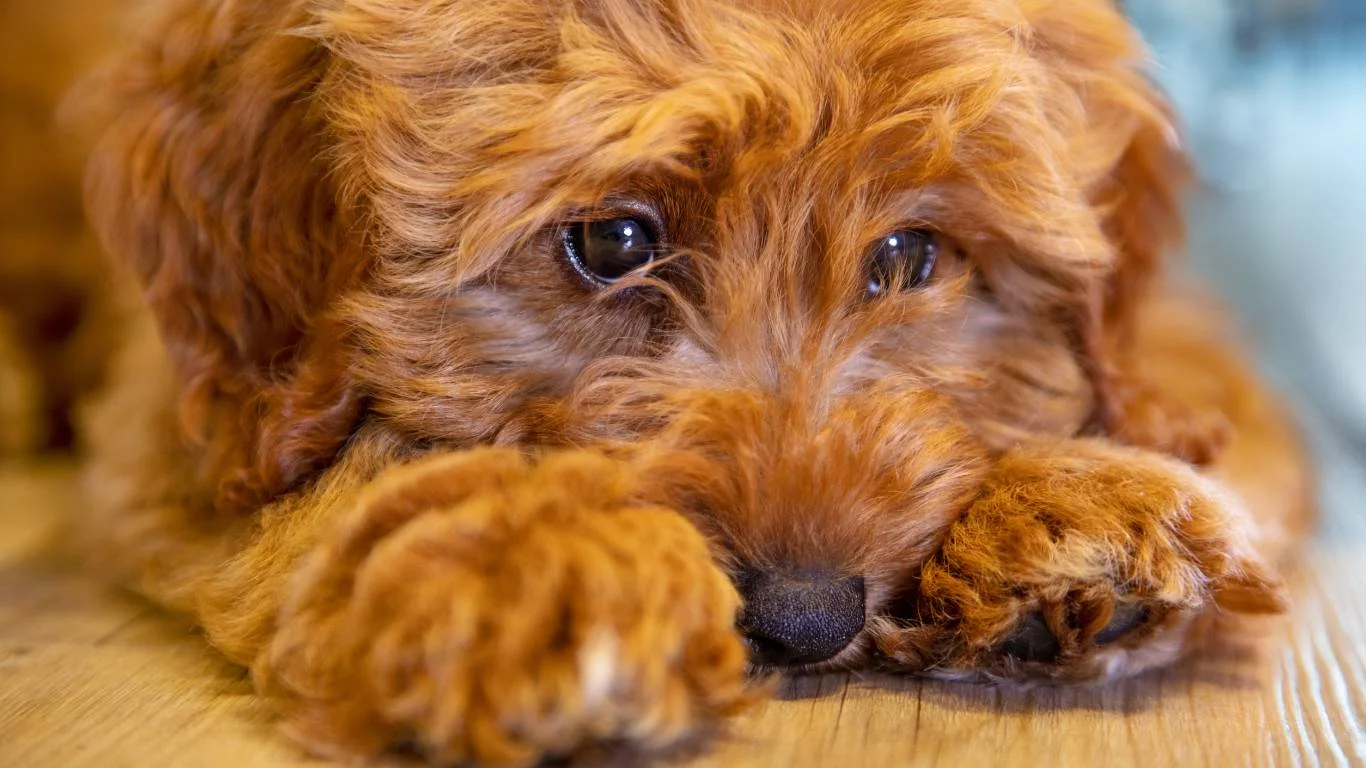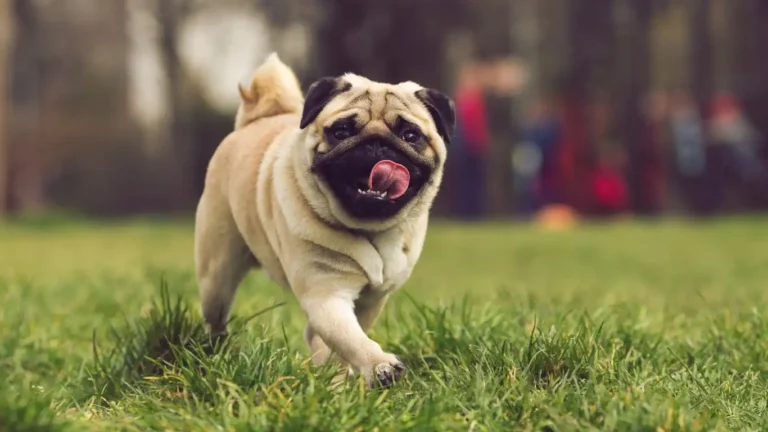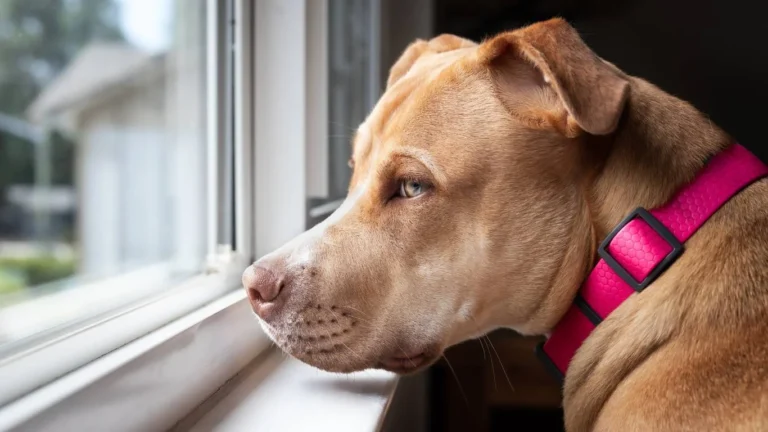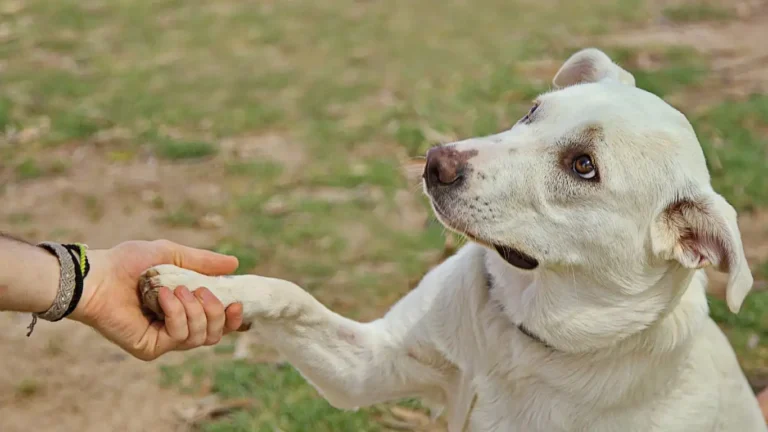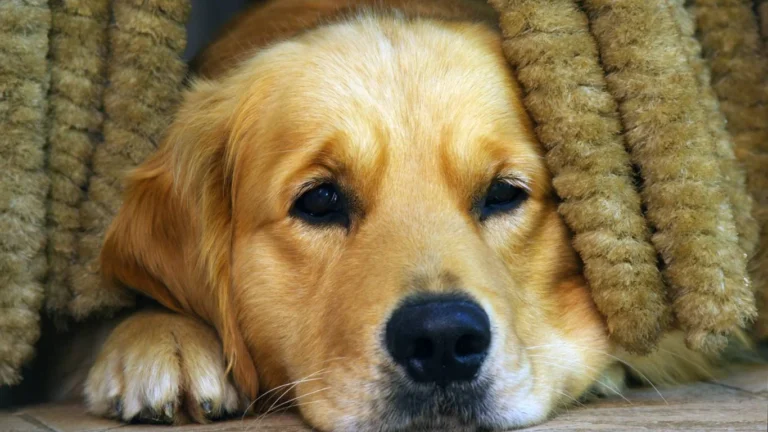Why Lip Licking in Dogs Could Signal a Health or Behavior Issue
Lip licking in dogs can seem like a harmless or even cute behavior. But if it happens frequently or suddenly, it may be a sign that something is wrong. Dogs use body language to communicate, and licking their lips is one way they try to tell us how they’re feeling. Understanding why your dog is doing it can help you catch health issues early or ease their anxiety.
Understanding Lip Licking in Dogs
Before jumping to conclusions, it helps to know what’s going on when a dog licks their lips. Just like humans, dogs have salivary glands that keep their mouths moist. Saliva helps them swallow, taste, and digest food. When a dog licks its lips, it spreads saliva across the mouth and lips, usually in response to a trigger.
Dogs also use their tongues to interact with the world. They lick their own bodies, objects, people, and sometimes the air. Lip licking is one type of licking behavior that’s often part of a dog’s natural communication style. It can show stress, anticipation, confusion—or something physical like nausea or pain.
While the occasional lip lick is normal, repeated or sudden lip licking could mean your dog is uncomfortable. Paying attention to this subtle sign can help you understand your dog’s physical and emotional state better.
How Lip Licking Works in Dogs
Dogs’ tongues are highly sensitive and muscular. They use them for eating, grooming, and communication. When a dog licks its lips, it typically swipes its tongue across the front or sides of the mouth. This action may happen quickly and can be easy to miss unless you’re watching closely.
Lip licking activates saliva production, which may help if the dog is feeling nauseated or has something stuck in their mouth. But it’s also linked to body language. Dogs may lick their lips when they’re feeling uneasy or nervous. It’s a subtle sign often paired with other calming signals, like yawning, turning the head, or avoiding eye contact.
Understanding what’s happening in your dog’s body and mind when they lick their lips helps you figure out what’s causing the behavior. It could be a normal response—or a clue to a deeper issue.
Common Causes of Lip Licking in Dogs
There are many reasons a dog might lick their lips. Some are harmless, while others may point to a medical or behavioral problem. Here are the most common causes:
1. Anticipation of Food
- Dogs often lick their lips when they see, smell, or hear food.
- This is a normal response and not a cause for concern unless it happens obsessively.
2. Nausea or Digestive Issues
- Dogs may lick their lips when they feel nauseated or have an upset stomach.
- Other signs include drooling, vomiting, or eating grass.
- Gastrointestinal problems like acid reflux, gastritis, or pancreatitis can be triggers.
3. Dental Problems
- Pain or discomfort in the mouth can lead to frequent lip licking.
- Look for bad breath, swollen gums, or difficulty eating.
- Common dental issues include gingivitis, loose teeth, or oral infections.
4. Stress or Anxiety
- Lip licking is a common “calming signal” dogs use when they’re nervous or overwhelmed.
- This can happen during vet visits, thunderstorms, car rides, or when meeting new people.
- It may be accompanied by shaking, hiding, or whining.
5. Foreign Object in the Mouth
- Something stuck in a dog’s teeth or gums can cause repeated licking.
- This might be a piece of a toy, a bone splinter, or even grass awns.
- Carefully check inside your dog’s mouth or ask your vet to take a look.
6. Seizure Activity or Neurological Conditions
- In rare cases, lip licking may be a symptom of a mild seizure or partial seizure.
- This may come with other signs like staring, twitching, or confusion.
- Older dogs or those with a history of epilepsy are more likely to show these signs.
7. Allergies or Skin Irritation
- Food or environmental allergies can cause inflammation around the mouth.
- This irritation may lead dogs to lick their lips or paws.
- Look for signs like itching, red skin, or frequent ear infections.
8. Pain or Discomfort Elsewhere in the Body
- Sometimes dogs lick their lips when they’re in pain—especially abdominal pain.
- This might be caused by an injury, infection, or internal issue.
- Other signs may include restlessness, pacing, or avoiding touch.
9. Dehydration or Dry Mouth
- If your dog isn’t drinking enough water, they may lick their lips to keep them moist.
- Dry mouth can also happen from certain medications or illnesses.
- Gums that are dry, pale, or sticky are red flags.
10. Habit or Behavioral Conditioning
- Some dogs develop habits or compulsive behaviors from boredom or stress.
- Lip licking might become a repetitive action if they’re not mentally stimulated.
- These behaviors often need behavior training or enrichment to resolve.
If you notice your dog licking their lips occasionally—especially around mealtime—it’s probably nothing to worry about. But if it becomes frequent, intense, or is paired with other symptoms, it’s worth taking a closer look.
When to Seek Help from a Veterinarian
It’s always a good idea to trust your instincts when something seems off with your dog. If lip licking happens often, seems out of character, or comes with other signs like vomiting, drooling, or behavior changes, call your vet. They can examine your dog’s mouth, digestive system, and overall health to find the cause.
You should contact your veterinarian if you notice:
- Frequent or sudden lip licking without an obvious trigger
- Drooling, vomiting, or loss of appetite
- Bad breath or visible dental issues
- Signs of pain, anxiety, or distress
- Behavior changes like aggression, pacing, or isolation
Lip licking can be a small sign of a bigger issue. A quick check-up can help catch problems early and keep your dog feeling comfortable and healthy.
Remember: every dog is different. What’s normal for one dog may be unusual for another. The key is knowing your pet’s regular habits—and being open to help when something seems off. When in doubt, your vet is your best resource.
